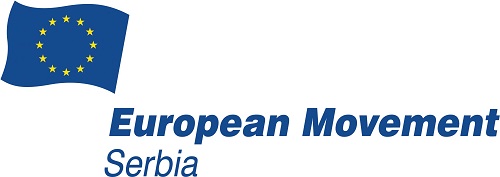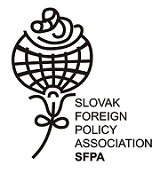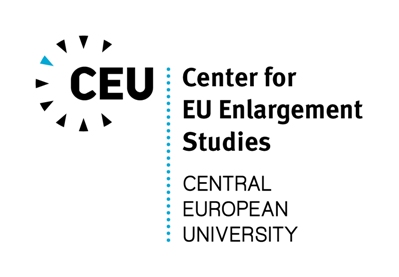The project aims to identify practical lessons for Serbia and the Western Balkans (WB), which could make the EU enlargement process towards this region faster and more efficient. The project deals with the results of the great EU expansion in 2004 and its implications for internal reforms in the Visegrad Group countries (V4), as well as related adjustments within the EU. The V4 countries had a successful cooperation during the pre-accession period which has been partly emulated by the WB countries. There were formal and informal formats of cooperation combined – CEFTA, as a contractual arrangement and V4 as informal high level forum exchanging views on foreign policy and security issues and coordinating some of the related policies. The WB countries have a myriad of cooperation arrangements in different areas led by CEFTA 2006, as an adjusted arrangement following the original CEFTA arrangement of V4 countries. The main assumption of this specific project is that there is a regional dimension in sharing experiences of the EU integration process both in the case of the V4 and WB.
Abstract of the final report (PDF file, 135 KB)
Whole final report (PDF file, 1.26 MB)
Read more on the website of the project.
Funded by:
Organized by:
Co-organized by:
Research Centre of the Slovak Foreign Policy Association
"Europeum" Institute for European Policy
Center for EU Enlargement Studies (Central European University)







